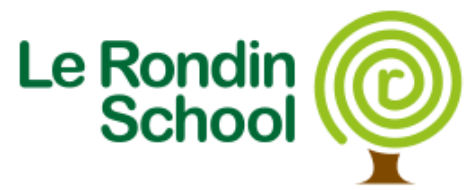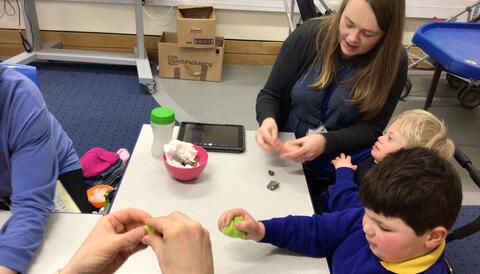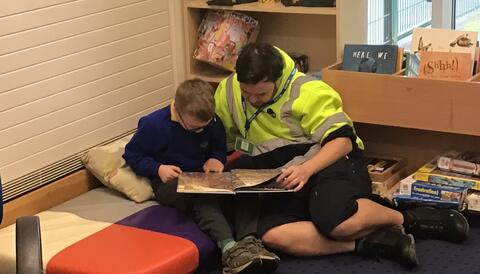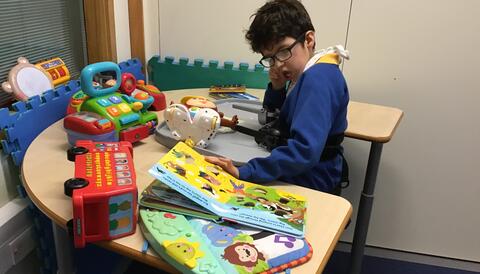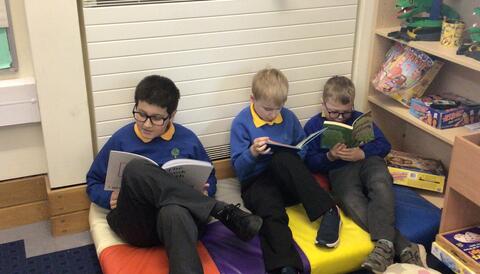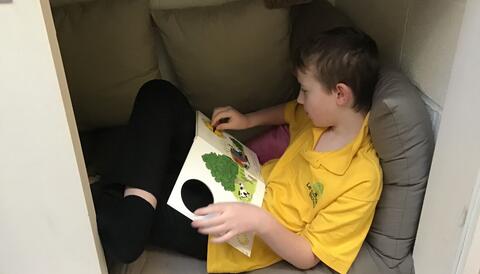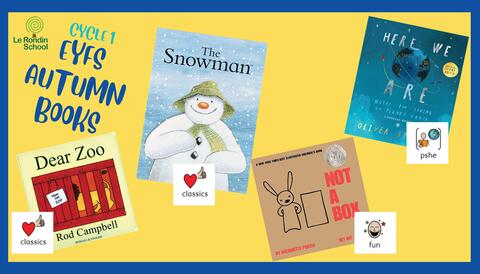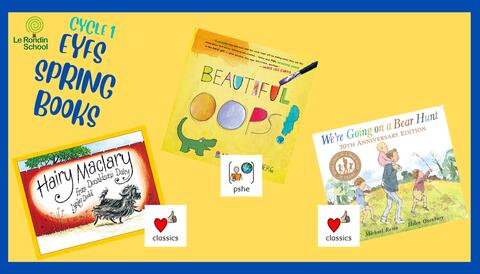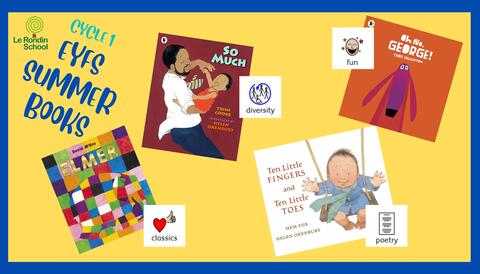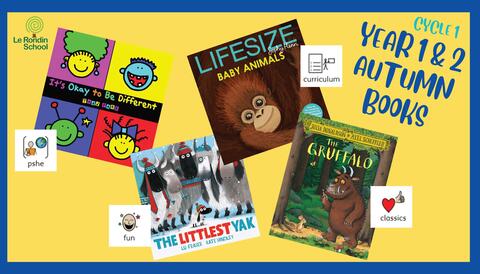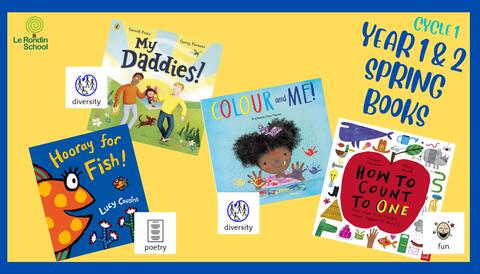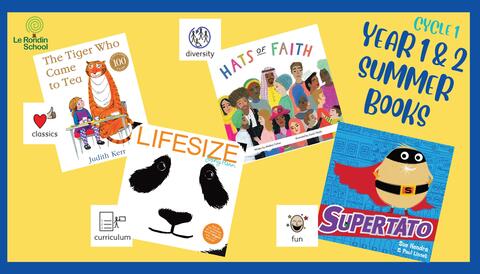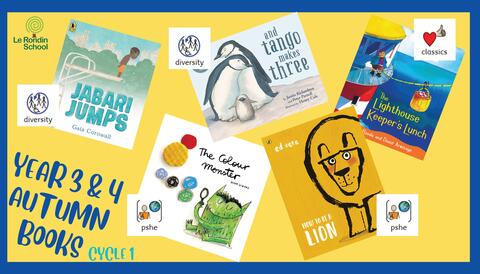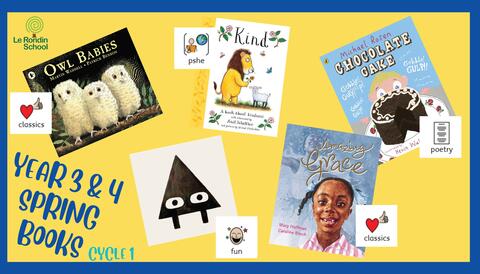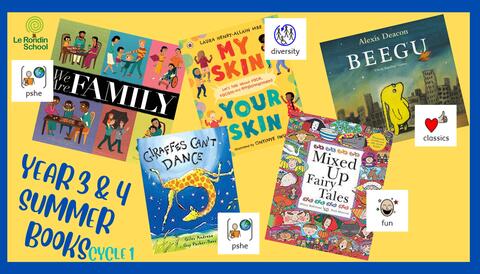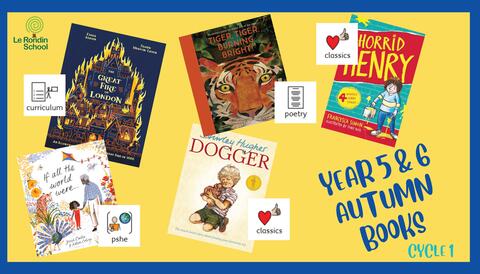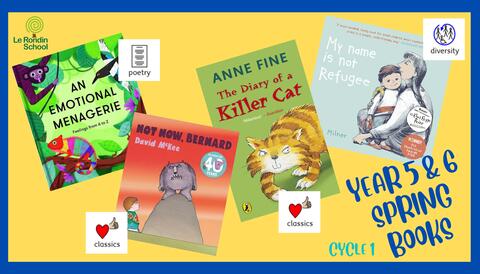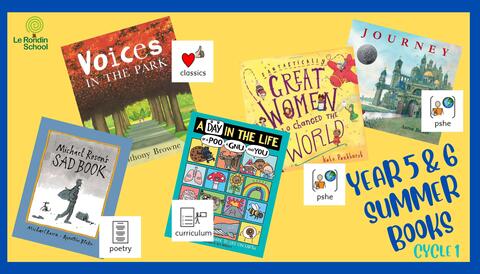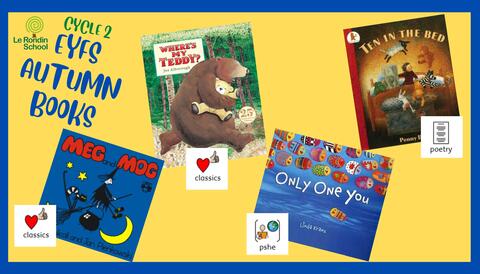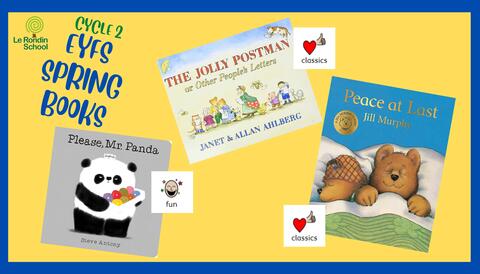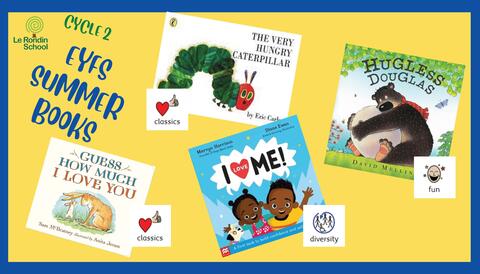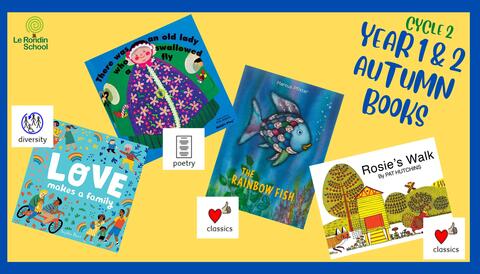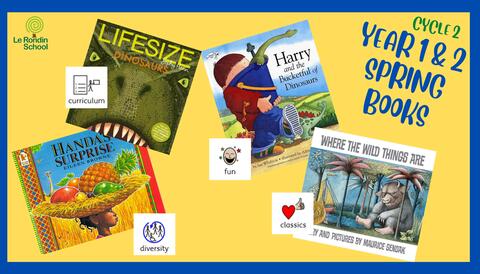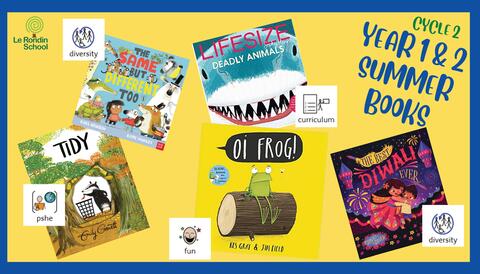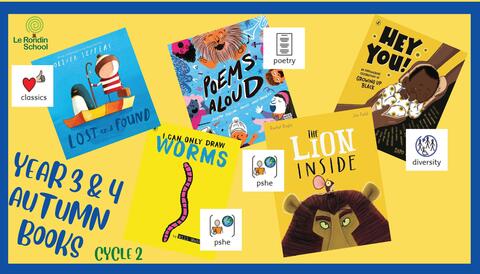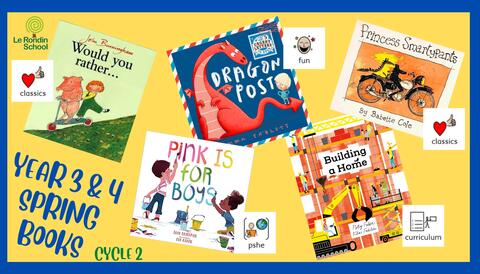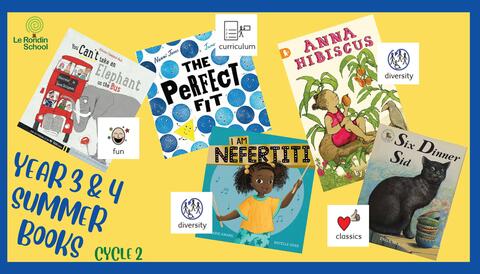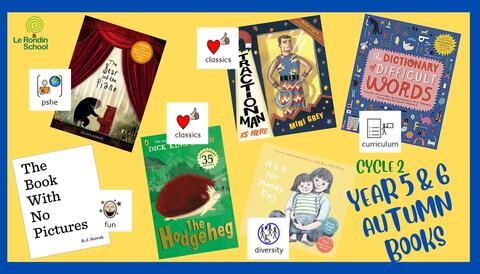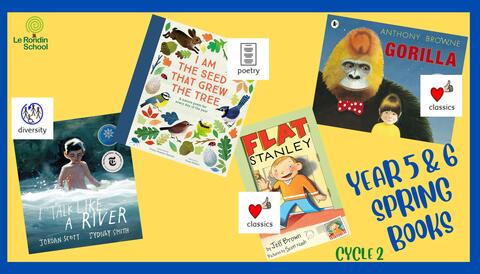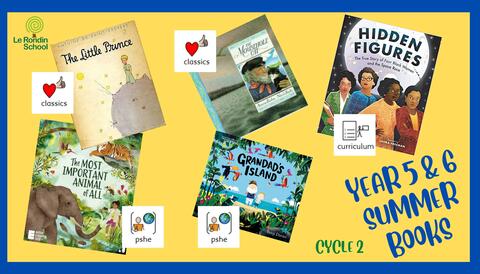The Communication, Language and Literacy curriculum has been developed in line with the school values of inclusive, aspirational and child centred education. We believe that our curriculum should develop children’s love of reading, writing and speaking and listening skills.
We recognise the importance of children being able to write legibly, fluently and at a reasonable speed. With these skills, children have a much greater chance of being able to reach and demonstrate their potential throughout their school careers and in their lives beyond school.
By creating and responding to all kinds of texts, including those which combine words, images and sounds, our curriculum is designed for students to access a world of knowledge, experiences and imagination. It intends to create a life long enthusiasm and enjoyment of reading.
As stated in the Guernsey Curriculum, students “... developing use of language underpins learners’ achievement across the curriculum and lays the foundations for active involvement in cultural life, society, work and lifelong learning”. This is a fundamental teaching point for our students, with a high importance placed on specific vocabulary work built into the curriculum throughout the school.
We aim to ensure students become increasingly fluent in their communication by expressing opinions and emotions through Literacy. This helps learners to develop their imagination, empathise with others and develop problem solving and critical thinking skills.
Communication, Language and Literacy at Le Rondin provides students with a range of possibilities, enabling them to engage with different cultures and societies and further developing their understanding of how to communicate with others throughout their lives.
